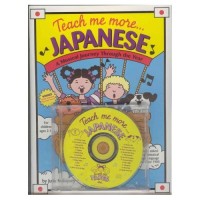


The day-long event featured panel discussions, talk story sessions with renowned Pidgin authors and playwrights and a keynote address by comedian Augie T, who said he knows he’s “connecting with somebody” when he “turns on” Pidgin in his comedy routine.

Author Lois-Ann Yamanaka, who taught English, drama and speech in Hawaii public schools for 12 years, speaks at Farrington High School library at the “Summit on Pidgin and Education.” Suevon Lee While not everyone got the answers right (which are, respectively, “Japanese,” “Portuguese” and “Hawaiian”) during the interactive smartphone-powered game, the spirit of the event was on full display, sparking a dialogue about Pidgin’s historic role and current place in Hawaii society and classrooms. Murmurs of amusement rose from the audience at Hawaii’s first-ever “Get Pidgin?: Summit on Pidgin and Education,” which drew about 200 participants from across the state. “You get chicken skin?” “Where you stay?” “So ono da food.” by David Graddol, Dick Leith, and Joan Swann.“Wat language dis come from?” read the prompt on a large projector at the Farrington High School library Wednesday, as Hawaiian Pidgin phrases flashed across the screen. For example, when 'travel' is used in the sense 'to be away,' as in My father has traveled (= My father is away), it is not a transfer of a first-language expression into English, but a modification of the verb 'to travel.'" (Ayo Bamgbose, "Identifying Nigerian Uses in Nigerian English." English: History, Diversity, and Change, ed.

Most such usages cut across all first-language backgrounds. It is quite easy to show that while some usages can be so attributed, the vast majority, at least in Educated Nigerian English, arise from the normal process of language development involving a narrowing or extension of meaning or the creation of new idioms.


 0 kommentar(er)
0 kommentar(er)
